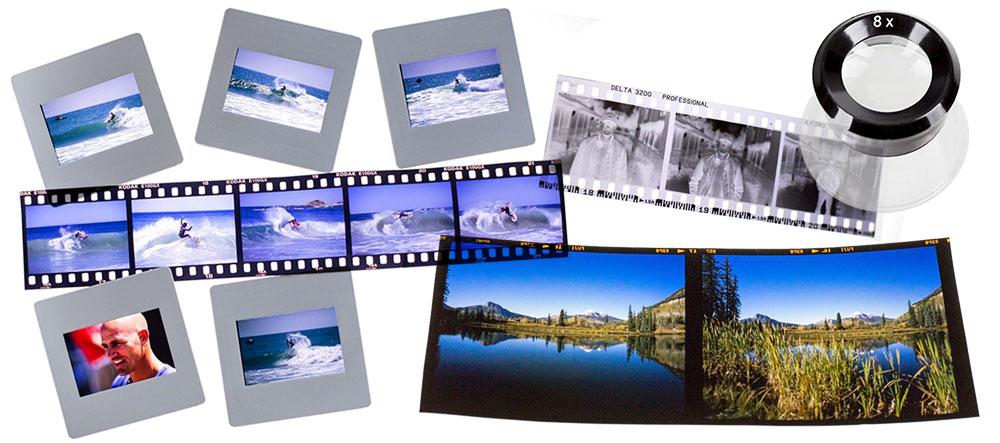Contributor: Daniel Griffith - Date: 10/02/2021

Whether your business is looking to reduce its paper generation or you simply require documents and information to be digitally captured, Multimedia Rescue has you
covered with our comprehensive range of document and image scanning services.
Wherever you are on your digital transformation journey, we are here to help.
- Slide Scanning - The slide is the classic format in analogue photography. Do you remember your childhood playmates, your travels or other beautiful family moments? When did you last bring out your slide projector and look at these special moments? Now you can have your slides digitised and enjoy them soon on your TV or tablet, in the same way you already enjoy your images captured on mobile phone or digital camera. We scan your slides at very high quality and restore each image manually pixel by pixel.
We only use the best scanner which provide the latest processes outputting the highest quality results. One process includes Digital Pro ICE to remove scratches, flakes, dust or other damage on the slide. Each slide is cleaned and reviewed for quality before it goes out. You wont be dissapointed with our quaiity, guaranteed. Each slide has approximately 4000 Dots Per Inch (DPI) of quality where possible. - Negative Scanning - While photos may fade over time, negatives are often left untouched and forgotten in their negative pockets. However, they have a distinct advantage: negatives contain more image information than photos. So if you have the choice, let us digitize your negatives and we’ll deliver them to you in full resolution and color. We scan your negatives at very high quality and restore each image manually pixel by pixel.
- APS Scanning - Many people are not familiar with this format, but the development of the APS format was considered an advancement in modern photography. Unlike other formats, the rolled film is contained in a cartridge (even after development). This storage within the cartridge distinguishes the APS from other films. Although an APS film in its cartridge is better protected than, for example, a standard 35mm negative strip, it is worth scanning APS negatives so you know what was on the roll!
The negative films from the Advanced Photo System (APS) introduced in 1996 have a film width of 24mm and have a format of 16.7 x 30.2mm. The films which remain in the cartridge after development have four different markings at the bottom. If the 4th step is marked, the film is developed. We scan APS images by default at 3000 dpi, which gives an approximate file size of 2 to 5 MB in JPEG image format. If you prefer the TIF format with 4000 dpi, please calculate your required storage based on a picture size of about 60MB each. We scan your negatives at very high quality and restore each image manually pixel by pixel. - Large Photos >A3 - Sometimes you may come across prints that are just too large to be scanned on a typical home scanner. We are equiped with a specialized large format flatbed scanner to handle many larger format prints or photos. Give us a call for a quick quote and to take advantage of this unique service. 300 DPI is fine for most photo scanning orders, but if you want a true archival quality image or plan on printing at sizes larger than the original then 600 DPI resolution option is for you. It is only a few cents more for 4 times the amount of data.
- Documents - Scanning copies of your personal papers creates a digital archive that can also be used as a backup, especially if you have the files password-protected and stored in a secure location. Gather all the documents you want to digitize. In addition to vital records, consider other papers you’ve saved over the years and might want to share, like old letters, certificates, diplomas, newspaper clippings, heirloom family photographs and other sentimental souvenirs tucked away in albums or boxes. (Keep in mind that while the electronic copies of some documents may not be suitable for official use, you can use them yourself for quick reference.)
- We at Multimedia Rescue have the ability to create high quality print-ready negative and transparency scans. With such a high optical density, the scanner ensures scanned images exhibit an almost perfect colour tone reproduction of the original negative or transparency.
File Format: By default, files are in JPEG format. Please ask us about TIFF format options.
Click HERE for our Price List Menu
You can call us at Multimedia Rescue for a free quotation on 0418 244 975
